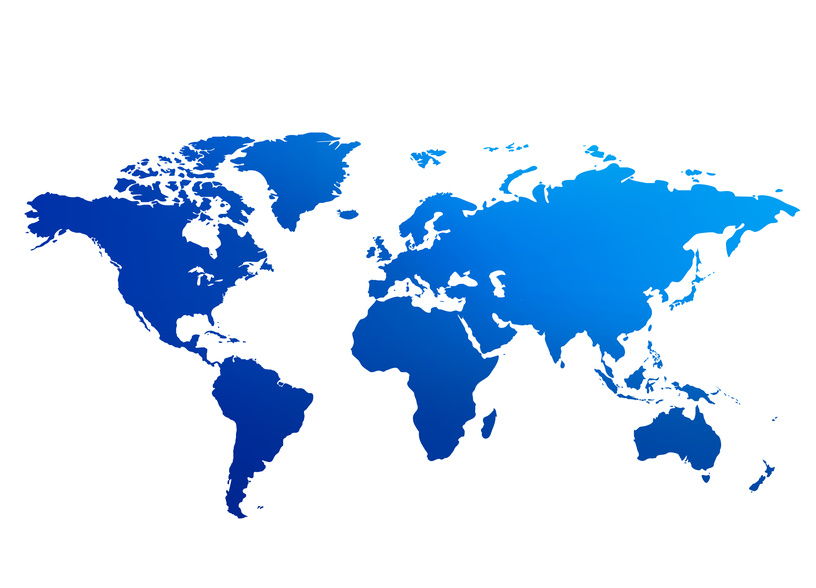
The Climate Change Programme (CCP) of the United Nations Institute for Training and Research (UNITAR) and its consortium partner–Montgomery Watson Harza (MWH), UK –have secured, through a competitive call for proposals, a multi-million project for the implementation of the EU Global Climate Change Alliance (GCCA). The aim of the GCCA is to help the most vulnerable developing countries increase their capacity to adapt to the effects of climate change, in support of the achievement of the millennium development goals (MDGs).
Through the GCCA initiative, the European Commission, in its own words, “deepens [its] dialogue and steps up cooperation with the developing countries that are most vulnerable to climate change” such as the least developed countries (LDCs) and small island developing States (SIDS), which are mostly located in Africa, Asia and the Pacific Islands, and which will be, according to all predictions, the hardest hit by the adverse effects of climate change while having at the same time the least capacity to react and adapt to these climate impacts. The initiative therefore aims to provide a platform for cooperation to inter alia tackle the combined challenge of the fight against poverty and climate change.
The programme will focus on five priority areas: measures for adaptation to climate change including national adaptation programmes of action (NAPAs reducing emissions from deforestation and forest degradation in developing countries (REDD), the clean development mechanism (CDM), disaster risk reduction (DRR) and poverty reduction strategies and programmes.
The implementation of measures to adapt to climate change will include support for the development of national adaptation plans for vulnerable countries other than LDCs, and the effective implementation of existing NAPAs in LDCs and SIDS. Concerning deforestation, the REDD component will focus on capacity development at the national level, to strengthen the ability to monitor deforestation and develop strategies to combat it.
On the CDM, the objective is to increase overall participation in the process through capacity-building and technical support focusing on the development of cost-effective projects that can be implemented in LDCs and SIDS, for which a close cooperation with the Nairobi Framework partners will be beneficial.
The fourth component is the promotion of natural disaster risk reduction. This will be done by improving climate forecasting and information systems, as well as the translation of the collected data into effective preparedness measures.
Finally, the integration of climate change into poverty reduction strategies and programmes will involve promoting the inclusion of adaptation plans in development strategies, and strengthening the institutional capacity of LDCs and SIDS to take climate change into account when preparing national policies.
These five areas form the core of the climate change international agenda, taking into account adaptation to climate change, together with greenhouse mitigation, natural disaster management and poverty reduction. The implementation of the GCCA support facility will therefore result in working at the node of contemporary issues that have to be dealt with immediately, as well as in the near future.
For more information on the implementation of the GCCA support facility, please contact:
Mr. Mamadou Moussa DIAKHITÉ
Manager, Climate Change Programme (CCP)
United Nations Institute for Training and Research (UNITAR)
Email: mamadou.diakhite@unitar.org
Manager, Climate Change Programme (CCP)
United Nations Institute for Training and Research (UNITAR)
Email: mamadou.diakhite@unitar.org
Tel: +41 22 917 85 23

